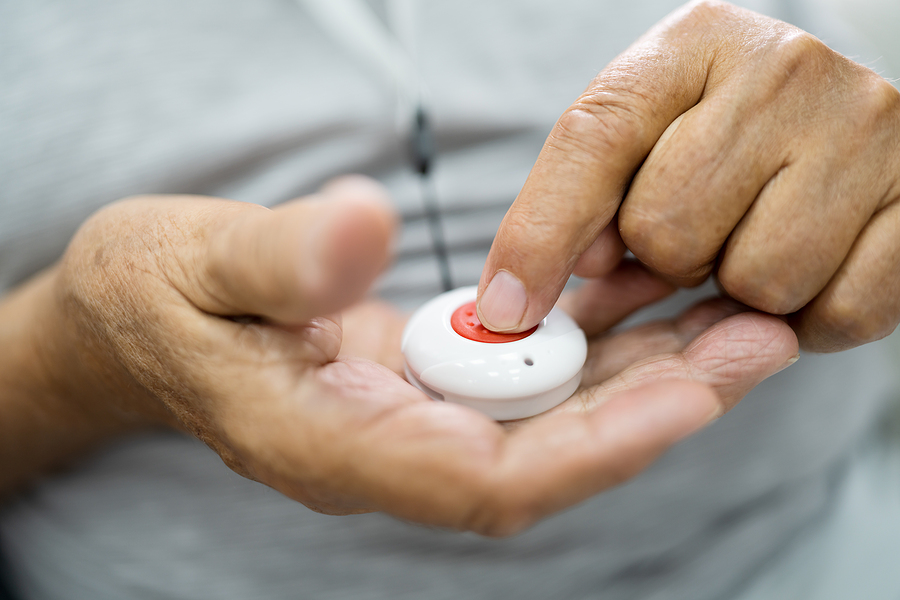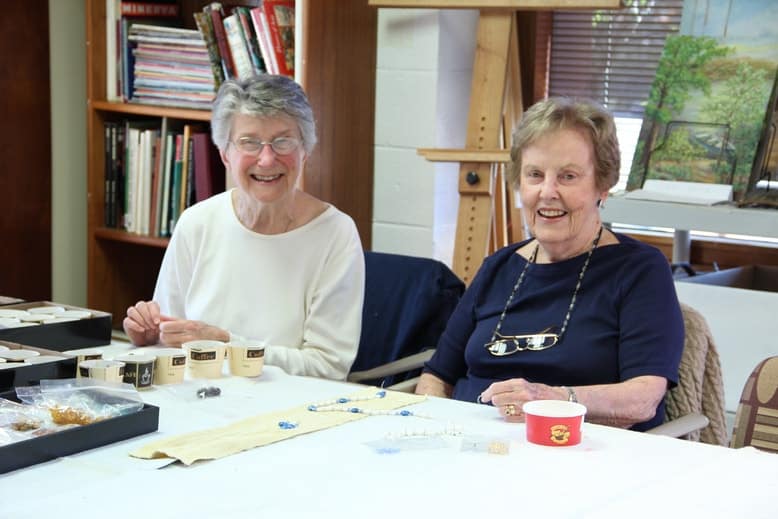Medic Alert Awareness Month: Why Medical IDs Matter More Than Ever

August marks Medic Alert Awareness Month, a crucial time dedicated to highlighting the life-saving potential of medical alert IDs and devices. For older adults, whether living independently or managing complex chronic conditions, these tools are not merely accessories; they are vital and show emergency preparedness for older adults. They provide critical, immediate information to first responders when every second counts, significantly enhancing senior safety.
Imagine an emergency situation where you or a loved one is unable to communicate. Perhaps a fall has occurred, or a sudden medical event has rendered someone unconscious or disoriented. In such moments of crisis, a medical alert ID can speak volumes. At Meadow Lakes, we are deeply committed to supporting our residents in making healthy and smart choices and ensuring they have the right tools on hand to live securely and confidently in their senior living community.
The Silent Lifesaver: Why Medical IDs Are Crucial
Medical IDs, whether worn as a bracelet, necklace, or integrated into a device, act as a silent but powerful advocate. When emergency personnel arrive on the scene, their priority is to assess the situation quickly and accurately. A clearly visible medical ID provides immediate access to vital health information that might otherwise be unknown. This allows first responders to make informed care decisions, administer appropriate treatments, and avoid potentially harmful interventions based on incomplete information. This immediate access to personal health data is paramount for senior safety, especially when communication is impaired.
What kind of information can a medical ID convey? The most important details include:
- Allergies: Especially to medications (e.g., penicillin) or environmental factors (e.g., bee stings). Knowing this prevents allergic reactions that could complicate treatment or signal why an allergic reaction could be happening.
- Medical Conditions: Such as diabetes, heart disease, epilepsy, Alzheimer’s or dementia, asthma, or a pacemaker. This guides responders to look for specific symptoms and provide targeted care.
- Medications: A list of critical prescriptions being taken. This helps avoid adverse drug interactions and ensures continuity of vital treatments.
- Emergency Contacts: Names and phone numbers of family members or caregivers who should be notified.
- Special Instructions: Any specific directives for care, or if the individual has a particular communication challenge.
Having this critical data instantly available directly impacts the speed and quality of care received, reinforcing its role in robust emergency preparedness for older adults.
More Than Just a Bracelet: Diverse Medical ID Solutions
While traditional engraved bracelets and necklaces remain popular and highly effective, the field of medical alert solutions has expanded significantly. Today, options include:
- Traditional IDs: Engraved bracelets and necklaces for quick visual recognition.
- Digital IDs: QR codes or USB drives that can store more extensive medical records accessible via a scanner or computer.
- Wearable Devices with Monitoring: Smartwatches or pendants with features like fall detection, GPS tracking, and direct connection to 24/7 monitoring centers. These advanced systems are becoming increasingly common in modern senior living in New Jersey communities, offering an extra layer of reassurance.
- Voice-Activated Systems: Devices that allow seniors to call for help using voice commands if they experience a fall or medical emergency.
The variety of options ensures that individuals can choose a device that best fits their lifestyle and specific needs, maximizing both convenience and senior safety.
Holistic Emergency Preparedness for Older Adults
While medical IDs are a critical component, they are part of a broader strategy for emergency preparedness for older adults. It is advisable to:
- Keep an updated list of all medications, dosages, and prescribing physicians readily accessible.
- Have a list of emergency contacts visible in your home.
- Ensure your home is free of fall hazards.
- Discuss your emergency plan with family, friends, and caregivers.
- Understand the emergency procedures within your community.
These proactive steps, combined with a reliable medical ID, create a strong safety net.
Meadow Lakes: Fostering Safety and Well-Being
At Meadow Lakes, a premier location for senior living in New Jersey, the well-being and senior safety of our residents are paramount. Our dedicated staff and comprehensive wellness programs contribute to an environment where residents feel secure and empowered to make informed health choices. From our on-site health services to our commitment to promoting overall well-being, we strive to ensure that our residents have access to the best resources for a safe and thriving lifestyle.
Take Action for Your Safety This August
This Medic Alert Awareness Month, take a moment to assess your own emergency preparedness for older adults or that of a loved one. Consider the invaluable role a medical ID can play in a crisis. It is a small investment that can provide immeasurable peace of mind and, most importantly, can save a life. By being prepared, you are taking a crucial step towards ensuring continuous senior safety and independent living.
Celebrate Wellness at Meadow Lakes
At Meadow Lakes, we encourage residents to savor life’s simple pleasures while prioritizing overall wellness. From healthy dining options to engaging wellness programs, we support a lifestyle that nourishes the body and the soul.
Want to learn more about how we promote senior wellness through delicious choices and engaging living? Contact us today to schedule a tour or learn more about our senior lifestyle offerings.




